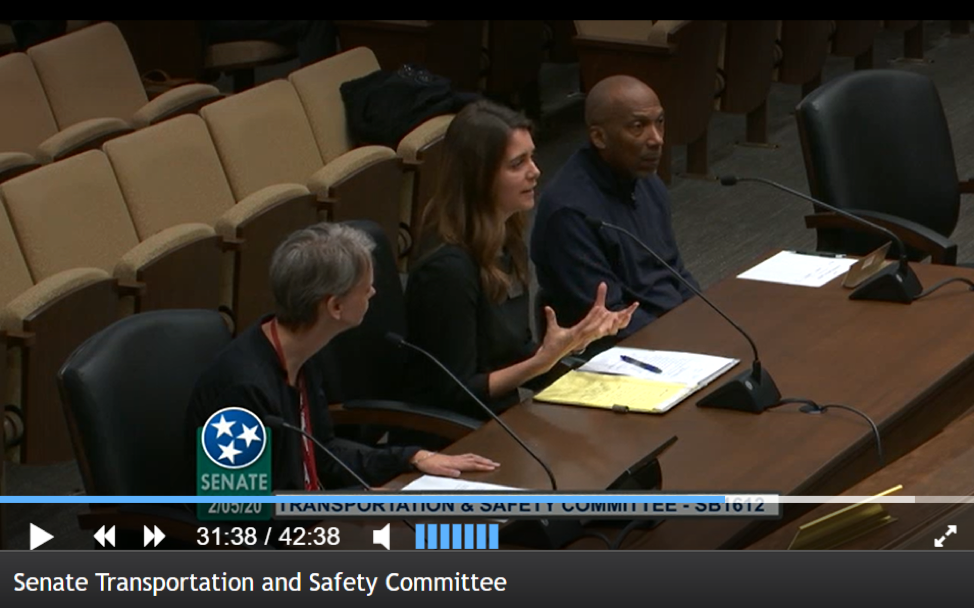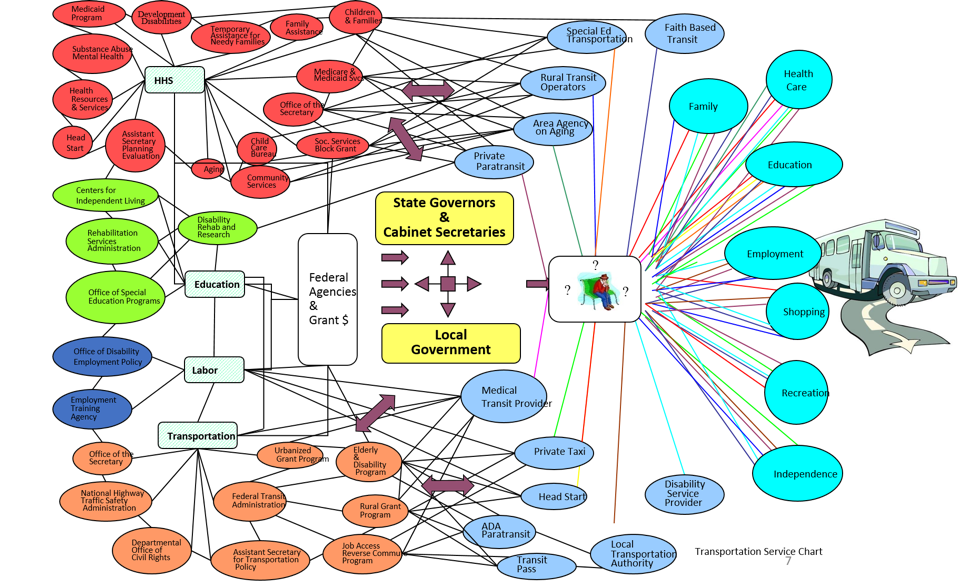Cross-sector partnerships, equity, and funding discussed at 2023 Mobility Management Forum
- Author: Laurel Schwartz
- Date: June 20, 2023
Mobility leaders from around the country gathered in person and virtually to learn about successful cross-sector partnerships that are making…



